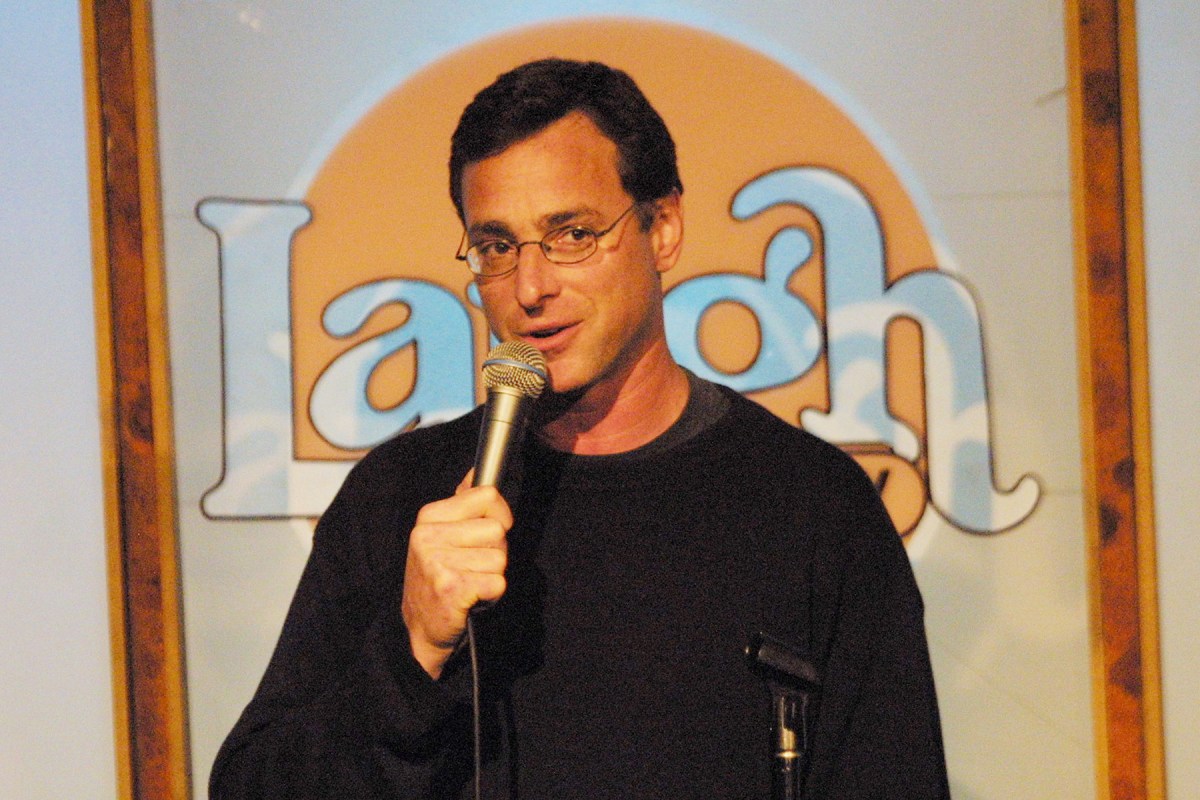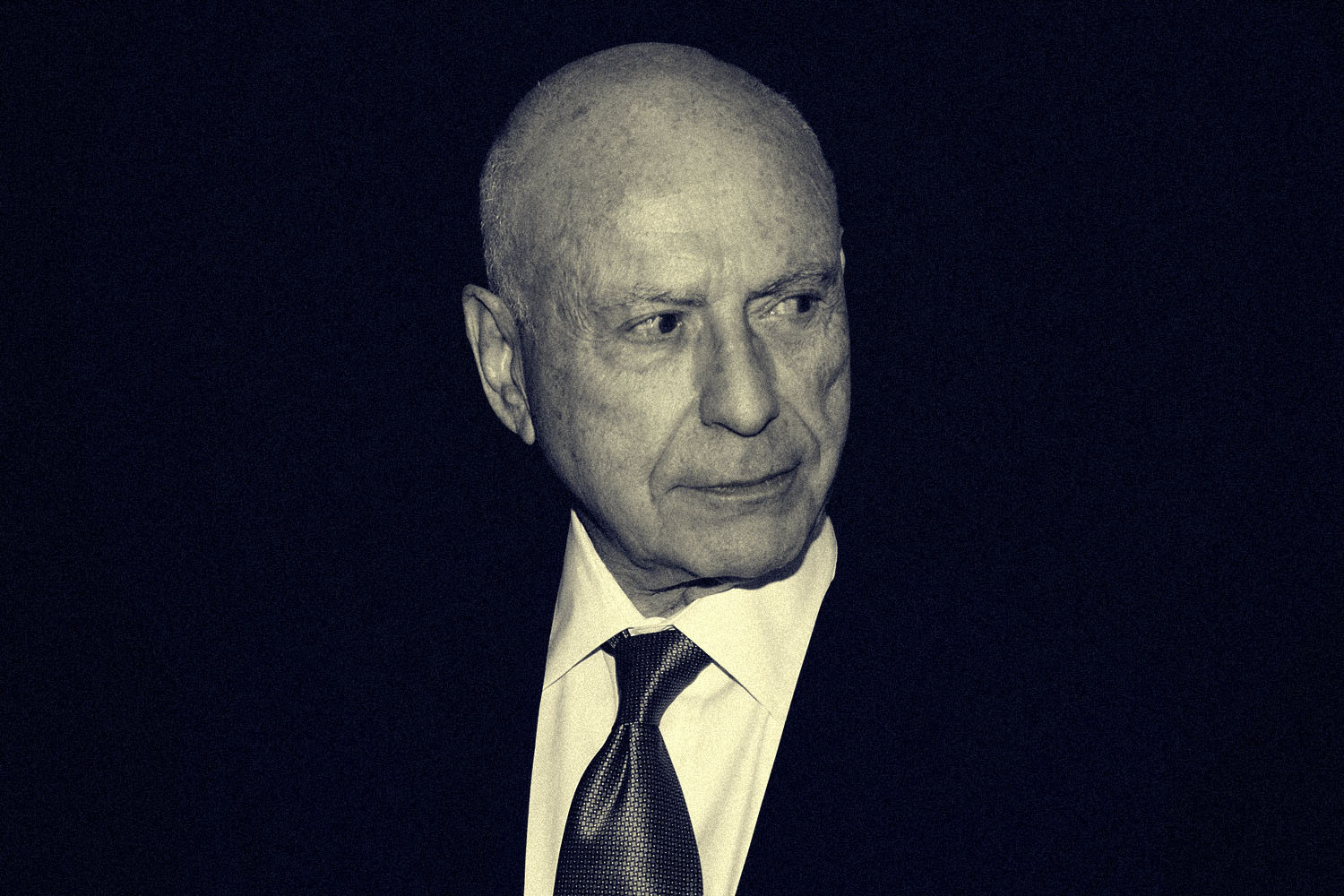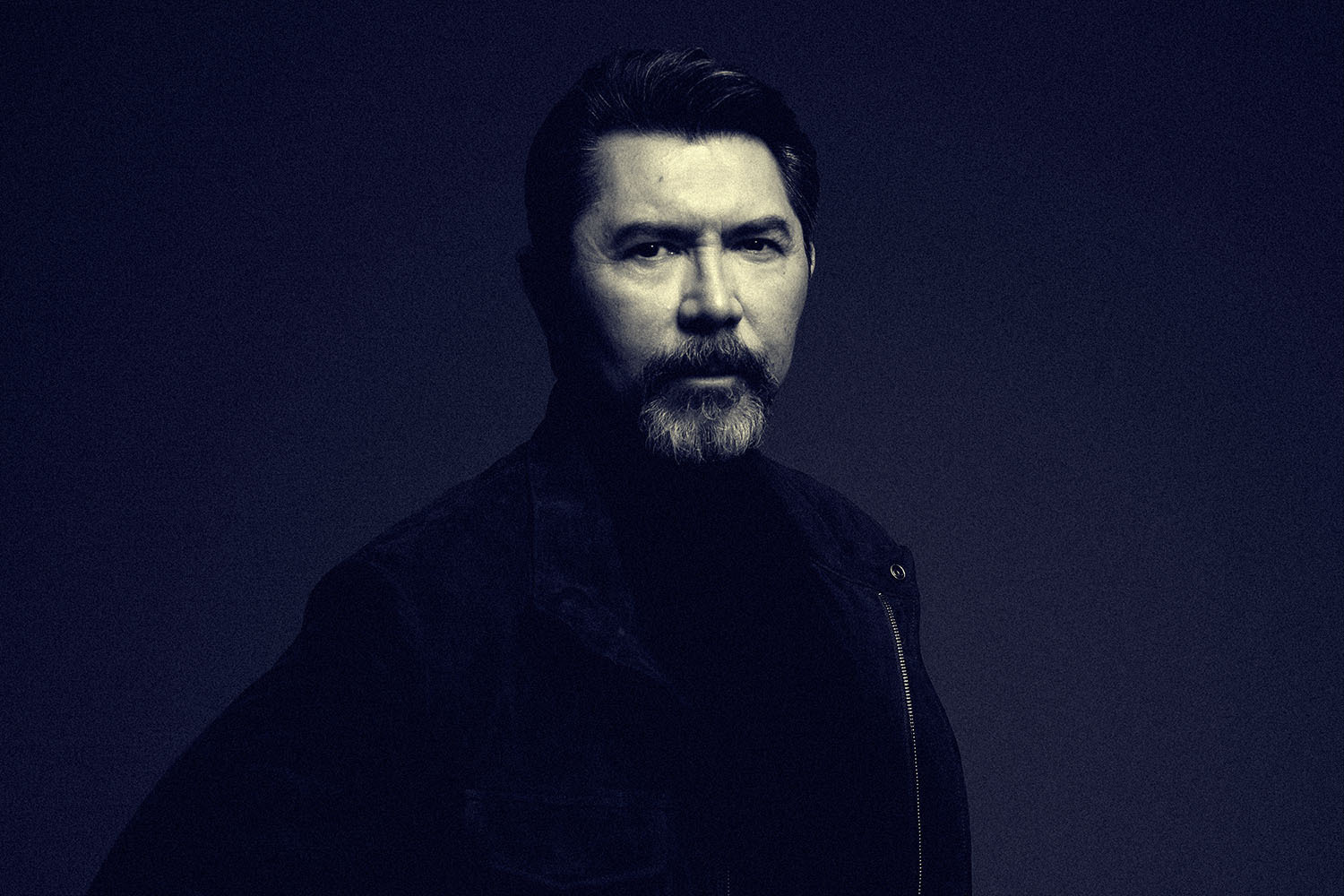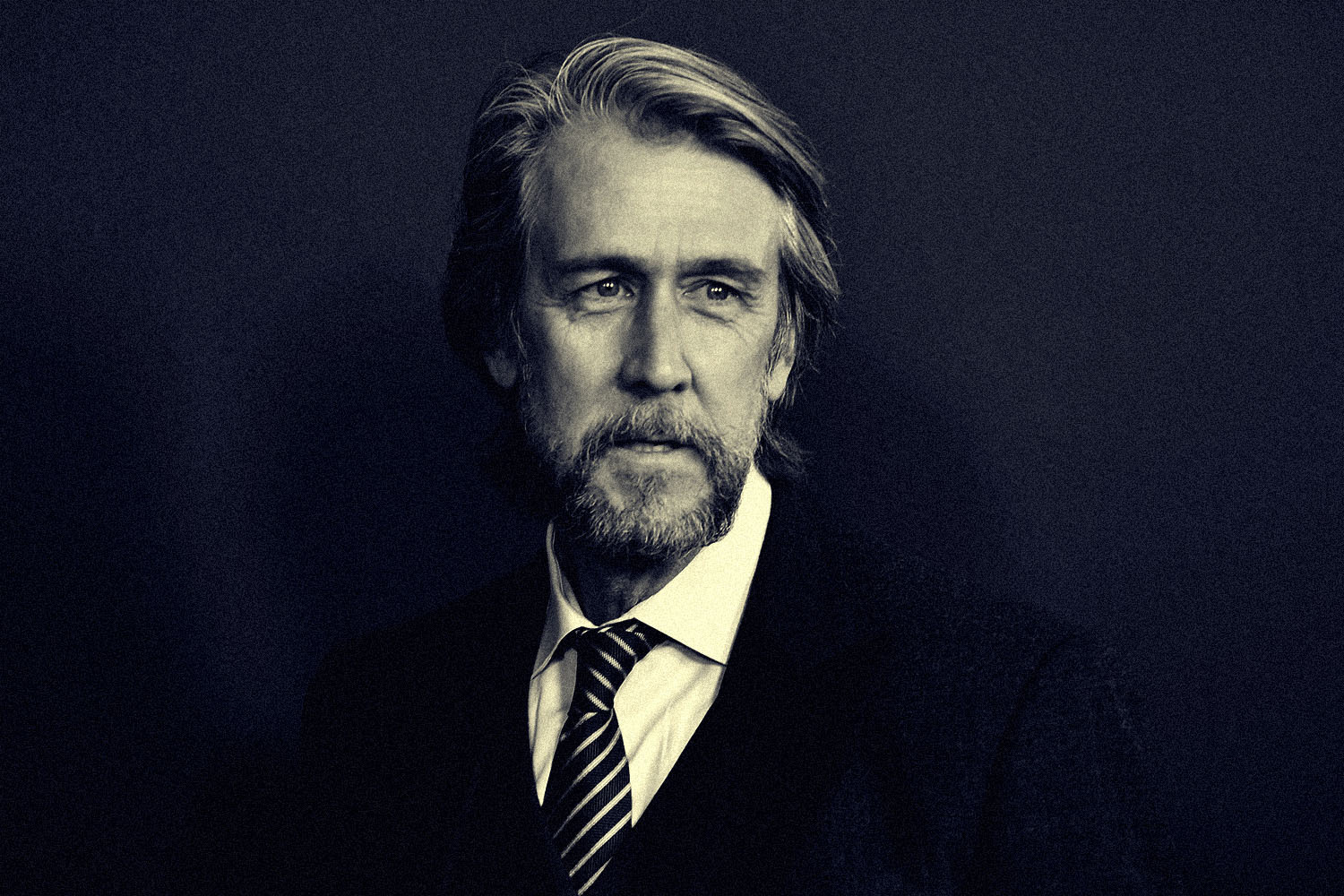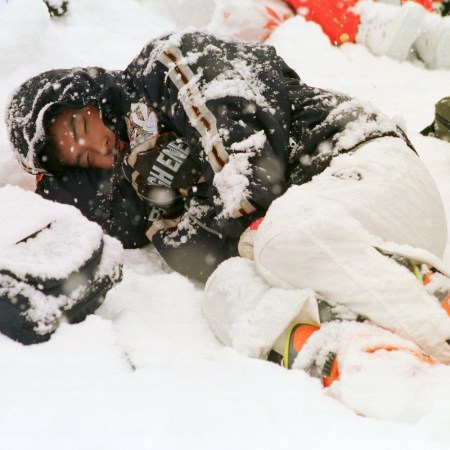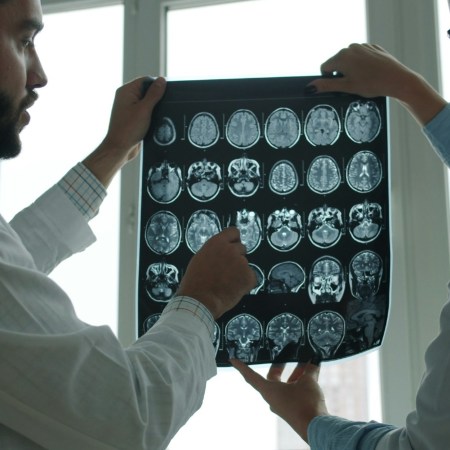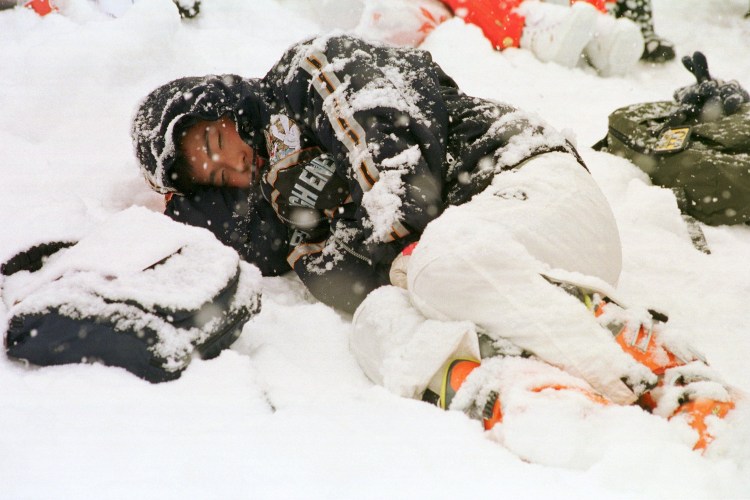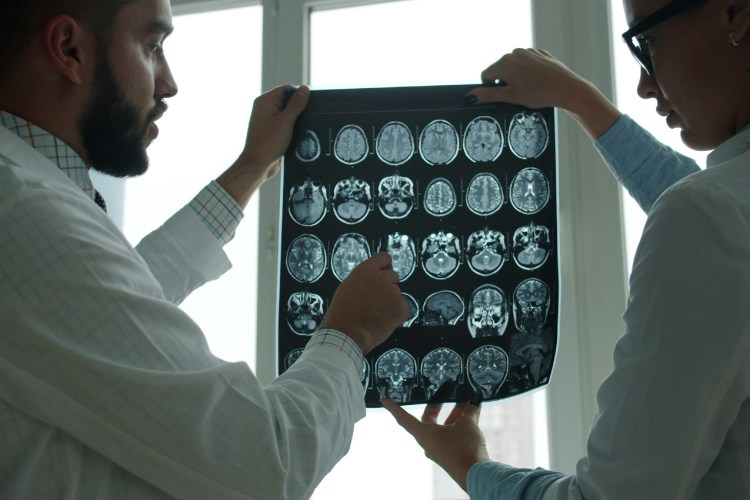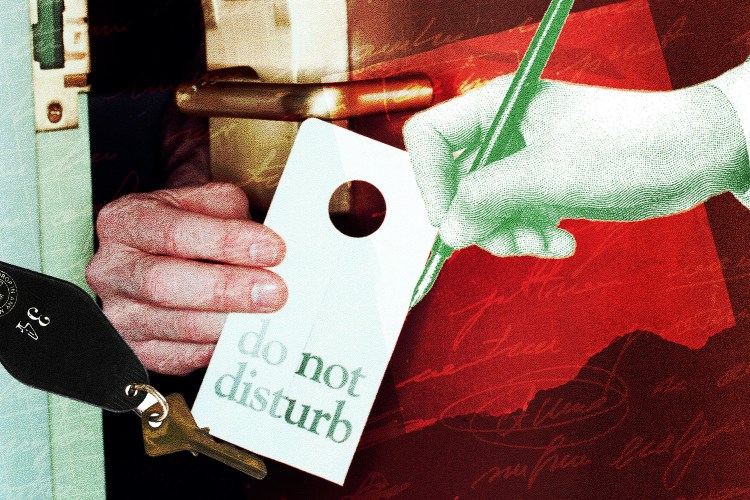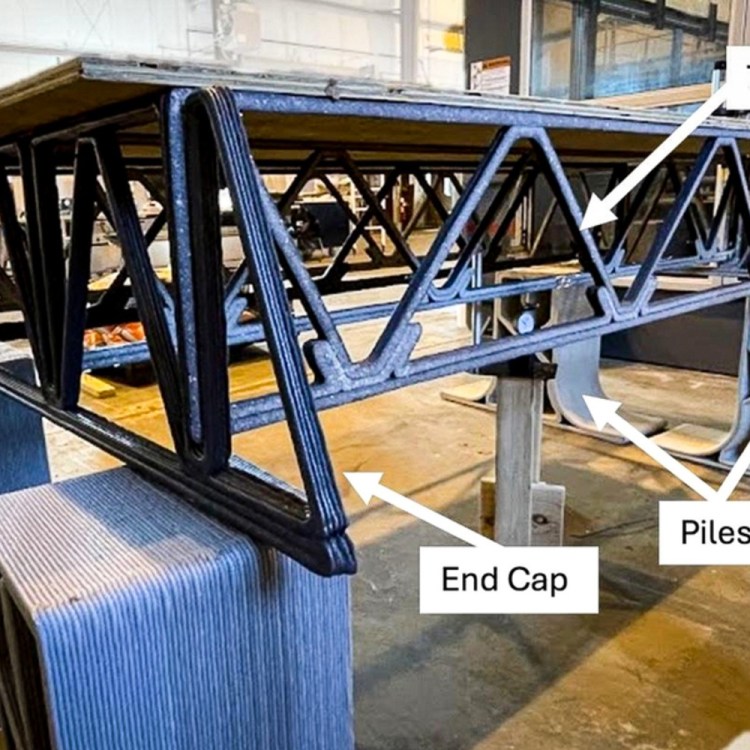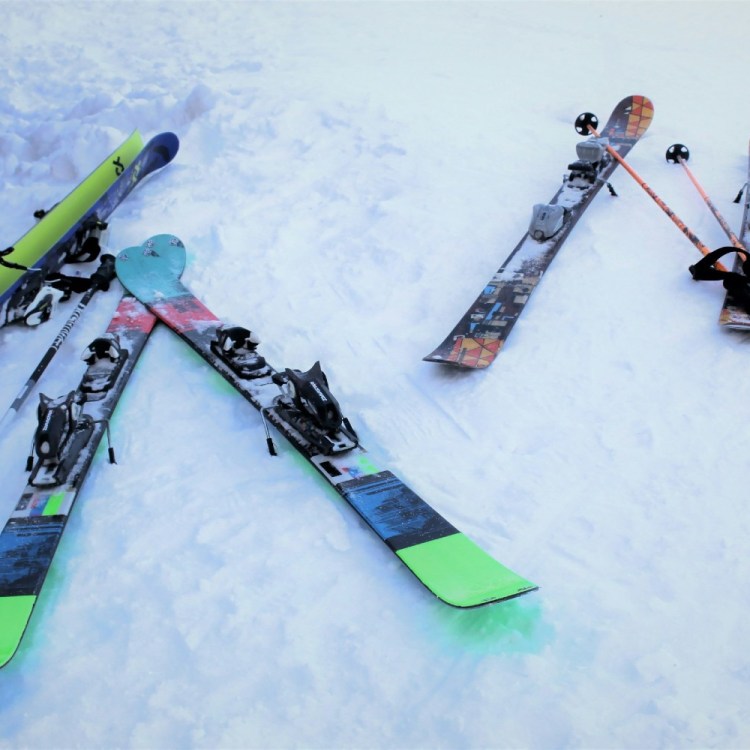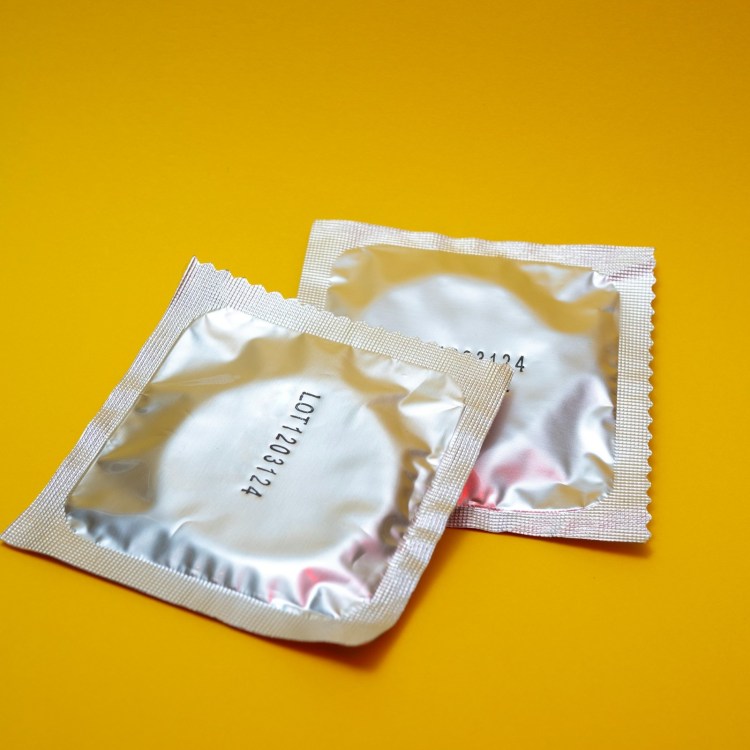Bob Saget, the comedian and actor best known for his work as single father Danny Tanner on the hit ’90s sitcom Full House as well as being the original host of America’s Funniest Home Videos from 1989-’97, died on Sunday morning at the age of 65.
Often fondly referred to as “America’s Dad,” Saget’s career in Hollywood spanned more than three decades. In addition to his acting work, he was also a prolific standup comedian whose work often veered into the blue and bawdy, cleverly belying his wholesome on-screen reputation (look no further than his famously raunchy rendition of the titular joke in the 2005 documentary The Aristocrats). His 2014 album That’s What I’m Talkin’ About was nominated for a Grammy Award for Best Comedy Album.
Other memorable roles included a brief appearance in the stoner comedy Half Baked, his recurring turn as a fictionalized version of himself on the HBO comedy Entourage, and the older, voiceover version of lead character Ted Mosby on the 2000s sitcom How I Met Your Mother. He also earned a number of directing credits throughout his career, including on the 1997 film Dirty Work as well as the 2006 documentary Farce of the Penguins.
He is survived by his wife, Kelly Rizzo, whom he married in 2018, and daughters Aubrey, Lara and Melanie.
In 2020, InsideHook had a wide-ranging conversation with Saget over Zoom that covered everything from the COVID lockdown to fatherhood to his career in comedy. You can read it in its entirety below.
Since the 1980s, Bob Saget has taken on the role of “America’s Dad” as both Danny Tanner on Full House (and the Netflix reboot, Fuller House) as well host of the massively influential America’s Funniest Home Videos (or “the video show,” as he calls it). But he’s accomplished many other things you may or may not know about.
He published the book Dirty Daddy, directed Norm MacDonald and Don Rickles in the 1998 cult classic Dirty Work, played a raunchy version of himself on Entourage and has filmed numerous stand-up specials, including 2017’s Zero to Sixty.
This spring, Saget was supposed to embark on a North American stand-up tour. But the day before Saget’s scheduled show in Vancouver, Canada, McDonald convinced him to postpone the tour. “He tells me he saved my life,” Saget says. Currently, Saget is busy with his first ever podcast, Bob Saget’s Here for You, a “catching up with a friend”-type broadcast in which he interviews famous friends John Stamos, Macaulay Culkin and Howie Mandel, but also his daughter Lara and randomly selected fans.
At a jejune 64, Saget has learned a lot about life. We recently caught up with the actor-comedian to chat about heavy-handed issues like the pandemic, how we get through the new normal, what his favorite curse word is, the show Ozark and if he thinks everything will be okay. (Spoiler: He does.)
InsideHook: Right now, America is responding to calming paternal figures like Gov. Andrew Cuomo, Gov. Andy Beshear and Dr. Fauci. Like them, you have a soothing voice. Do you consider yourself to be one of America’s dads?
Bob Saget: I take that role happily, because I am a father. I put myself in the shoes of people who are needing one. And also, I would like to be somebody’s bro and somebody who’s not an ageist. I’m not a 63-year-old [Note: Saget turned 64 after this interview was done] guy, in my mind. I think I’m just a guy. I think I’m somebody who just does what he does. My personality changes according to whom I’m talking to. I’m a chameleon that way. I do have a voice for radio. I’m a broadcaster. Before I did Full House, I was on a CBS morning program which was short-lived. But they fired me after five months because they said I was too hot for morning TV. Then I got the Full House job. There is a certain vocal quality a person needs to have for people to feel calmed. I guess I’m a familiar voice. People have been hearing my voice for 30 years. It’s always weird when people will say to me, “You know what my wife and I did while you were on television?” “I don’t want to know, sir.”
When do you think you’ll be able to tour, and what will that look like?
I don’t know. I’ve got some dates in July that I’m pretty sure are going to be moved, but they aren’t moved yet. No one knows what’s going on. I don’t think we’re going to suddenly open the floodgates and let people come in, and I don’t want to be in an audience with face masks and everybody’s nine feet apart. It’s self-serving. I’m not subjecting an audience to getting sick, and somebody could die who was at my show. No way. So I have more of a schedule for September, October, November and December, and all of it could be moved. We all have to gauge it. We hear from scientists there’s a bigger wave coming and people go, “No there isn’t. This was it.” “Okay, how did you decide it?” “Oh, well, it’s just common sense.” “Okay, great, where’s your Nobel Prize?” I can’t say what’s going to be, but I’ll move all schedules accordingly. And I’ll do other stuff. I care more about my kids: two are in New York and one’s in L.A. That’s whom I care about. And my wife.
Do you drink?
I do and I don’t. Sometimes, if the day has been a difficult day, or something has happened with people I care about, [I drink]. It’s hard. You’re better off just feeling your feelings. But sometimes if the stress is heavy, people do what they do. I don’t do anything to excess. I like a cigar now and then, but this is not the time for it.
What advice would you give people to navigate this new world?
I’m 63. I was depressed all my 20s. I was incredibly depressed. I never thought I’d have a career. I was in a Richard Pryor movie [1987’s Critical Condition], then I didn’t do anything. Then I was in a Rodney Dangerfield young comedians’ special; I didn’t do anything. I always thought my career was over right after I did anything that was a high. It made me feel like I was on my way, but then the phone didn’t ring. I only cared about that. And I think that’s true of a lot of people who want to get their career going. People get depressed when they have no future. It’s easier to go negative than it is to go positive. People somehow have to not think that everything is lost and keep a human connection. It’s very hard to go, “This shall pass,” when we’re surrounded by empty streets. Because you want to do the responsible thing, but you also don’t want to live in fear. It’s a process. This is a time to reach out to people. If you don’t have any friends it’s the hardest. So you binge-watch. Then what do you binge-watch? Just shows that scare the living hell out of you. I’m hooked on Ozark right now. I don’t want to live that life.
Is everything going to be OK?
My mother would always say, “It’s going to OK,” and my mother lost four children. She’s gone. She would just say, “You have to stay positive. It’s going to OK.” The human race isn’t going to get wiped out. It’s just we haven’t had this thing happen ever. People go, “Well, it happened a 100 years ago.” Well, it didn’t, not with this many people and this technology. We don’t want to walk around depressed, but we also don’t want to live in this weird denial. Is it ever going to be OK? No, because humanity is gigantically flawed. So I try to make light of it. My job is to try to make people feel good. In this moment, I can’t put on a fake face. I’m trying to be as real as I can be.
What’s the best advice that you’ve received?
I’ve been asked this a lot lately. My dad would say, “Be kind to people.” And Rodney Dangerfield would say, “Go like a tank. People are going to try and stop you. Nobody wants you to succeed. Just go like a tank.” Because he was hurt a lot. People wouldn’t respect him — that’s where “no respect” came from. And then, someone like Don Rickles — who was like a dad to me — was like, “You’re funny. That’s what’s important. You gotta be funny.” He led by example, which was also like my dad. His whole thing was be kind to people. He would walk out of a restaurant and every single person he walked past would get a $20 dollar bill. I don’t know what he was doing, but it was very funny to watch. He was always willing to give.
How do you make love stick around?
How do you make love? I knock on the wall five times. I use the intercom. How do you make love stick around? Well, you gotta have love in yourself, which is really hard to do for a lot of people. But love is a healer, and that comes out of consideration and empathy and trying to get yourself out of yourself. Because we are all narcissistic, and when you’re younger, you’re even more narcissistic. You think everything revolves around you. That’s OK, because it gives you a sense of self. If it’s arrogance, I don’t like that. It’s no fun to be around. I used to be like that. When I was 35, I had two shows in the top 10. I was like, “What a jerk.” I was working really hard. I’m very close to my kids, but I definitely would even give more closeness and be there more and listen more and drop things. And not be like Marty [Byrde] in Ozark — not be just consumed with work. You gotta love yourself and then let someone love you, and own your shit. If you’ve done something mean, don’t be so proud or stupid that you can’t own it. Because a weight lifts when you go, “I made a mistake.”
What’s your favorite curse word?
I hate the idea of cursing. I think it’s just words, a lot of times. The meanest one is shut up. When I was little, I told my mom I hated her in an argument. And she started crying. I’ll never forget it. I say crap a lot. That’s one that I use. I don’t like saying the other ones as much, because I like to reserve them for being on stage or talking to friends, or even the podcast.
What’s something about you that people don’t know?
People are always surprised that I do things like sing or write music. People are always surprised that I’ve done some Broadway. People are like, “You’re a good actor.” “Oh, OK.” Or they think you’re a character on a sitcom and you don’t have any variance outside of that two-dimensional character, or that you’re only dirty. The bottom line is, it doesn’t matter if people don’t know something about me, because I can’t prove it to them. How funny you are and how kind you are my biggest compliments. But then I’ll look online and I’ve got “I hate you.” So I’ll block them. If someone says “You’re not funny,” they’re wrong. I block them; they’re gone. If someone says “You’re mean,” I block them; they’re gone. I just don’t do negative. I guess the things that I’m proudest of are the traits my dad had, which are funny and kind. Those are my good traits. My bad traits are I’m impatient and sometimes angry. Where there’s injustice, I get pretty angry. I’m not a fan stupidity.
What’s the first thing you’re going to do once restrictions are lifted?
I’m going to see my children in New York and hug them and spend time with them, and I’m going to go to Chicago with my wife and see her niece, whom I’ve never met. And then I’m going to probably do a tour and make people laugh, and then take a vacation and tour some more and do some TV, and I think direct a movie. It’s all dependent on how the world goes. That’s my plan: don’t stop, never stop. As the Stones would say, “Never ever ever stop.”
This article appeared in an InsideHook newsletter. Sign up for free to get more on travel, wellness, style, drinking, and culture.
